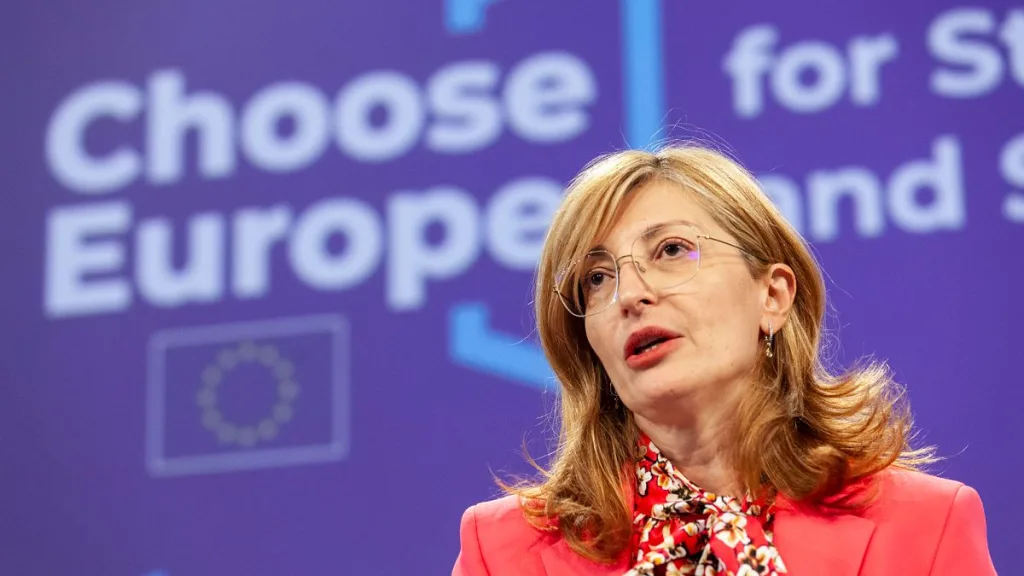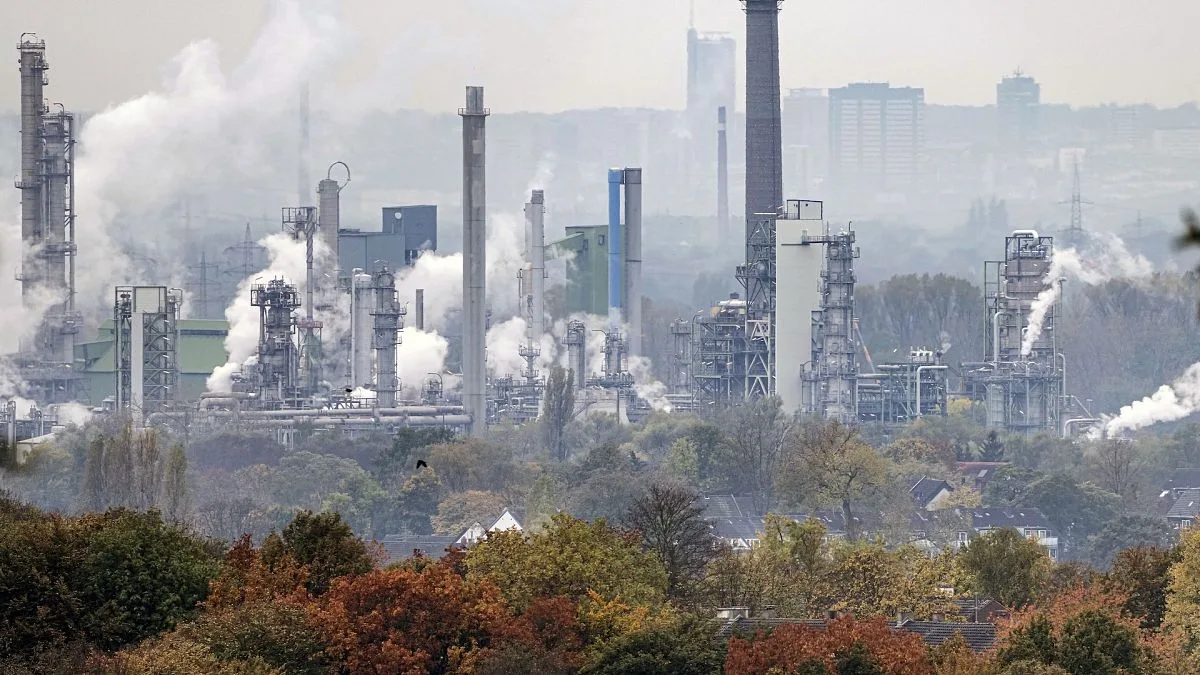US President Joe Biden announced a significant ceasefire agreement aimed at achieving a 60-day pause in hostilities between Israel and Hezbollah in Lebanon. During his address in the Rose Garden, Biden emphasized that this agreement is intended “to be a permanent cessation of hostilities.”
The ceasefire came into effect at 4 AM local time (2 AM GMT) on Wednesday, following a decisive vote by the Israeli Security Cabinet, which approved the agreement in a 10-1 decision based on Prime Minister Benjamin Netanyahu’s recommendation.
Biden stated that over the next 60 days, the Lebanese army and state security forces will be deployed to take control of their area. He assured that Hezbollah’s terrorist infrastructure in southern Lebanon would not be allowed to rebuild. “Israel will gradually withdraw its remaining forces, allowing civilians on both sides to return safely to their communities,” he said.
Reaffirming the U.S. commitment to Israel, Biden warned that if Hezbollah or any other group violates the agreement and poses a direct threat, Israel retains the right to self-defense. This stance aligns with Netanyahu’s warning, indicating that the ceasefire’s duration will depend on events unfolding in Lebanon.
Macron Praises Ceasefire as a New Chapter for Lebanon
Biden expressed gratitude towards French President Emmanuel Macron for his collaborative efforts in securing the ceasefire. Macron, in a video message, welcomed the agreement as marking a “new page” for Lebanon. He emphasized the importance of adhering to the ceasefire, restoring security for both the Lebanese and Israelis, and facilitating the return of displaced individuals to their homes.
Additionally, Macron stressed that restoring Lebanon’s sovereignty requires electing a new president capable of uniting the Lebanese people and establishing a strong, representative government to facilitate necessary economic reforms.
Support for the ceasefire also came from other world leaders on social media. Lebanon’s Prime Minister Najib Mikati welcomed the agreement, while Israel’s President Isaac Herzog deemed it “correct and important.” Furthermore, European Commission President Ursula von der Leyen described the announcement as “very encouraging news.”
Despite the positive reactions, Israeli opposition leader Yair Lapid criticized the deal, arguing that “Netanyahu does not know how to bring security to Israel” and emphasized the urgency of finalizing a hostage agreement.
Biden’s announcement occurred just before an Israeli airstrike struck the Lebanese capital, Beirut, amidst reports of evacuation warnings across Israel and claims of at least 24 casualties from strikes in Lebanon.
Israel had previously indicated an intention to continue their military actions until the ceasefire came into effect. Meanwhile, Hezbollah launched rockets on Tuesday, triggering air raid sirens throughout northern Israel.
Implications for the Conflict in Gaza
While the ceasefire addresses the conflict between Israel and Hezbollah, it does not extend to the ongoing war in Gaza. Biden expressed hope that this agreement could serve as a catalyst for negotiations between Israel and Hamas. He mentioned that the U.S. will collaborate with Turkey, Egypt, Qatar, and Israel in the coming days to pursue a resolution with Hamas.
Biden stated, “Just as the Lebanese people deserve a future of security and prosperity, so do the people of Gaza. They, too, deserve an end to the fighting and displacement.” He also noted that the U.S. is prepared to initiate a series of historic agreements with Saudi Arabia, encompassing a security pact and economic assurances, while establishing a credible path toward a Palestinian state and normalizing relations between Saudi Arabia and Israel.
As part of this initiative, Biden stressed the necessity of releasing hostages. Last week, the U.S. vetoed a UN resolution calling for a ceasefire in Gaza, asserting that it did not adequately address the hostage situation. This marked the fourth time this year that the Biden administration has vetoed such a resolution.
With various leaders weighing in on the agreement’s potential impact, the future remains uncertain as tensions continue to unfold in the region.
Photo credit & article inspired by: Euronews



